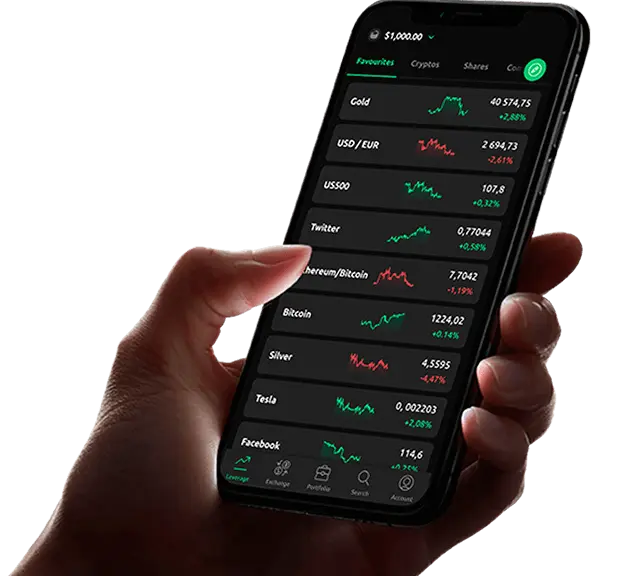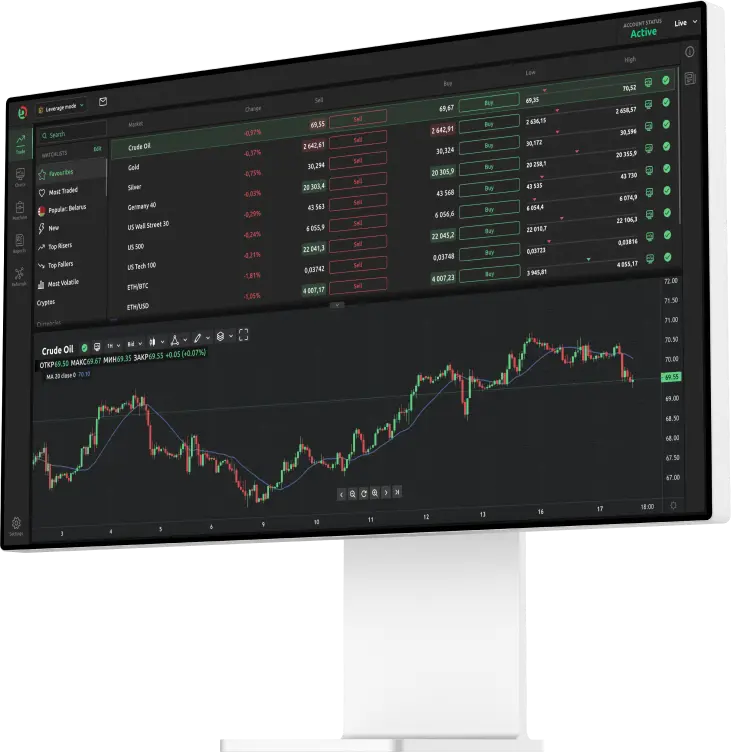A financial contract that derives its value from an underlying asset

What does derivative mean?
A derivative is a financial contract with a value that’s based on an underlying asset. Derivatives are often used for trading stocks, bonds, currencies and commodities. They can help investors and businesses lock in current prices, and shield them against risk.
Derivatives explained
Derivative contracts are big business, and billions of them are traded every single year. The most common types include:
· Futures. These contracts allow buyers to purchase assets at a fixed price on a pre-determined date in the future. For example, a cappuccino chain could agree to buy a month’s supply of coffee beans at $1 per pound in 12 months’ time. This locks in the price for the business and eliminates uncertainty – and if prices subsequently rise to $1.20, represents a substantial saving.
· Options. This type of derivative offers a similar concept to futures, but the main difference is that the buyer is not obligated to complete the purchase. If the cappuccino chain had an options contract to buy coffee beans at $1 per pound at a later date, but prices fell to $0.85, they would be able to buy at the current market rate instead.
· Swaps. These contracts usually apply to things like interest rates and currencies. For example, if a company has a loan with a floating interest rate – and they are worried that the cost of borrowing may rise – they can enter into an agreement and swap it for a fixed interest rate to reduce uncertainty.
· Forwards. Although this type of derivative has the same function as futures do, there are some important distinctions. These contracts are agreed in private between buyers and sellers, meaning that there is a higher risk that a party will default. While forwards contracts can be customized to meet the exacting needs of each party, futures are standardized in terms of their notional value and expiration date.

